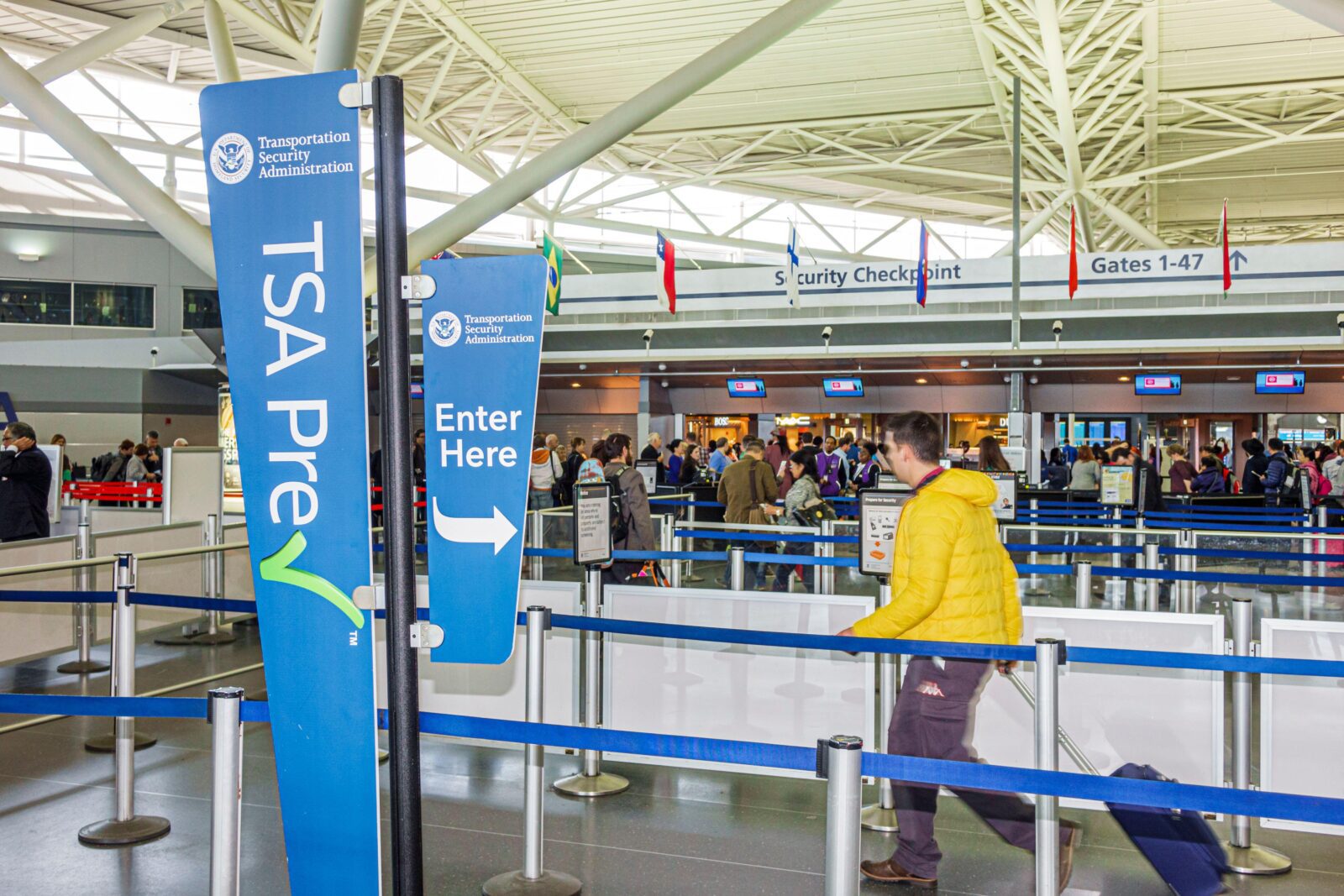
Four flight attendants have pleaded guilty in a New York court to abusing their special TSA privileges to help smuggle more than $8 million in drug money to the Dominican Republic for an international narcotics gang.
The flight attendants were arrested following a major investigation by the Department of Homeland Security, which discovered that they had been abusing their special security privileges to bypass normal TSA airport checkpoints at New York JFK in order to smuggle bags full of money obtained from the illicit Fentanyl trade.
Charlie Hernandez, 42, Sarah Valerio Puljols, 42, Emmanuel Torres, 34, and Jarol Fabio, 35, who all worked for different international airlines out of New York JFK, each pled guilty to one count of operating an unlicensed money transmission business after they reached a plea deal with prosecutors.
The quartet each face a maximum sentence of five years imprisonment for their involvement in helping the narcotics gang.
Court documents alleged that the flight attendants were corrupted by a member of the gang who convinced them to smuggle money made from selling drugs in the New York City area in return for a small percentage of the cash they were transporting.
The flight attendants were ideal mules to smuggle the cash because they hold a special security privilege called ‘Known Crewmember’ or KCM for short. As KCM badge holders, the flight attendants were allowed to bypass routine TSA airport security checkpoint lanes.
Under the KCM program, flight attendants don’t normally have to place their luggage through an X-ray machine, providing an ideal way to get large amounts of cash out of the US without anyone noticing.
The drug money smuggling plot involving these four flight attendants is believed to have lasted for more than eight years before they were finally busted. In that time, Torres, Pujols, and Fabio are each accused of smuggling approximately $1.5 million, while Hernandez is believed to have smuggled as much as $2.5 million in illegal drug money.
Both Fabio and Torres started working for an unnamed international airline in 2015 and almost immediately started to smuggle narcotics money on behalf of the drug gang. Hernandez and Pujols were more veteran flight attendants, but they also started to traffic narcotics money for the gang in 2014 and 2015.
The operation was only shut down when the Homeland Security Investigations team caught a member of the narcotics gang who agreed to turn cooperating witness. That gang member then helped the HSI set up several sting operations to catch the flight attendants red-handed.
The plot renewed intense scrutiny over the KCM program following a series of high-profile abuse cases. In 2022, for example, a flight attendant pleaded guilty to trying to smuggle fentanyl that was strapped to her abdomen through a KCM checkpoint at San Diego Airport.
And last September, an off-duty flight attendant who was commuting to work was stopped at a KCM checkpoint in Philadelphia with a loaded handgun in her bag.
Both of these flight attendants were only caught due to random searches that have been stepped up by the TSA in a bid to stamp out abuse of the KCM program.
Mateusz Maszczynski honed his skills as an international flight attendant at the most prominent airline in the Middle East and has been flying ever since... most recently for a well known European airline. Matt is passionate about the aviation industry and has become an expert in passenger experience and human-centric stories. Always keeping an ear close to the ground, Matt's industry insights, analysis and news coverage is frequently relied upon by some of the biggest names in journalism.







